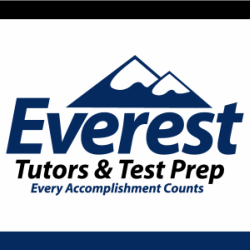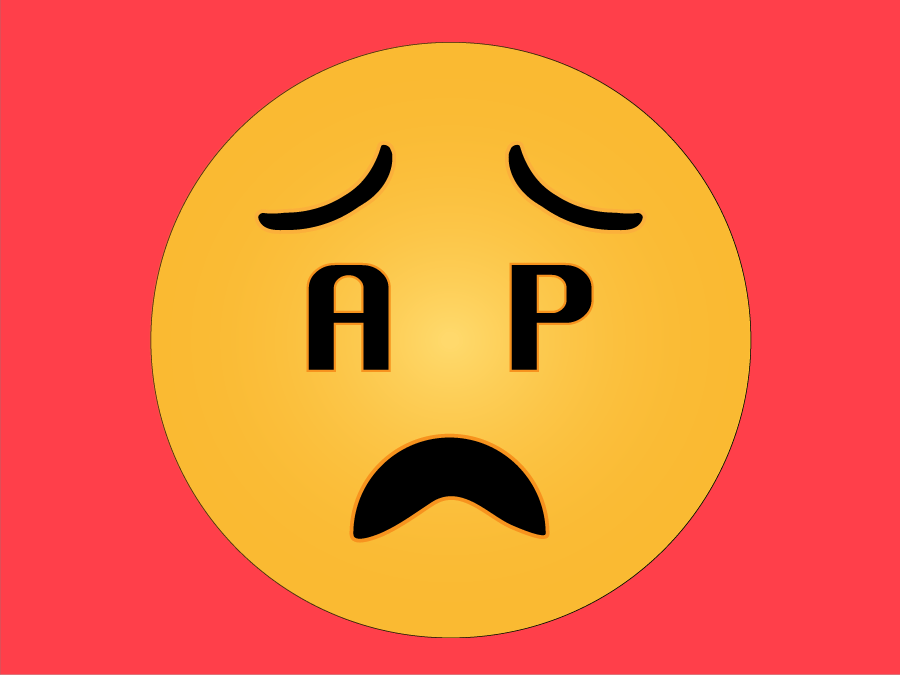|
You have questions—we have the answers. As students plan their course schedule for the 2020-2021 school year, many parents and students are asking if they should take advance placement courses instead of honors or standard selections. Our answer: yes, but in moderation and if you are taking them for the right reasons. While the allure of the Advance Placement program is that students might get college credits for their high school work, thus reducing the time and money spent in actual college, the truth is that for most students it does not reduce their college course load or costs, and for many, the most they will gain is entry into higher-level freshmen courses and no free college credits. Like with most academic considerations, it is important to consider your individual circumstances when deciding on the AP subjects you might want to take and the total number of AP classes you will carry for the year. Why Take AP Classes?Here are some reasons you should consider adding one or more AP classes to your load:
Why Should You Not Take AP Classes?Here are some reasons you should consider not taking AP classes if other alternatives are available (honors, co-credit, IB):
Local ReactionThe topic of AP classes in our area elicits many reactions and speaks to the confusion many parents and students experience about the choices they feel they have/need to make to keep the doors open to future opportunities. In 2018, a group of seven local private schools said they would stop offering AP classes (this even though the number of private schools offering them nationwide has grown to more than 5,000 in recent years). Conversely, MCPS’ superintendent has spent the past three years working to expand access to AP classes in MCPS high schools. The 2019 book Learning in the Fast Lane: The Past, Present, and Future of Advanced Placement digs into the effort and the ups and downs of growing AP participation in a manner that supports the students and the rigor of the courses (Don’t have time to read the book? Here’s a great summary.). And these efforts can be successful. A great local example is a recent program in Howard County that has shown how to achieve better results at the individual-school level while expanding access to the classes to more students. Class of 2018 DataThere is no denying that Advanced Placement courses are widely taken, but these facts about the Advanced Placement program may surprise you:
We certainly see value in the AP program and have seen good results for many students. But we urge restraint from AP-overload and due diligence in what is really required to get into your target schools. Be smart about it, and you will thrive next year while setting yourself up for continued academic success in college and beyond. Have a question you need answered? Call or email us; we’re always happy to help.
2 Comments
However, some general tips for choosing classes that will help you succeed in college include selecting courses that match your skill level, choosing courses that fit your schedule, and picking classes that you are genuinely interested in. Additionally, it can be helpful to talk to your academic advisor to get personalized recommendations for classes that will help you reach your specific goals.
Reply
Leave a Reply. |
AuthorAnn Derryberry Archives
March 2024
Categories
All
|
Telephone |
© 2024 Everest Tutors & Test Prep | All Rights Reserved


 RSS Feed
RSS Feed